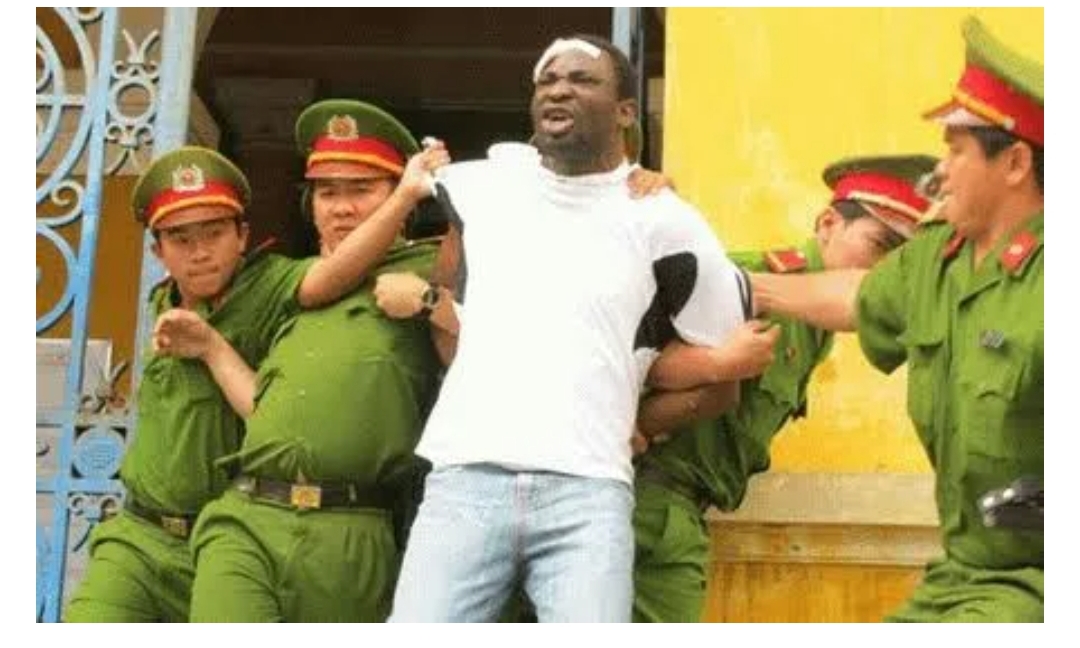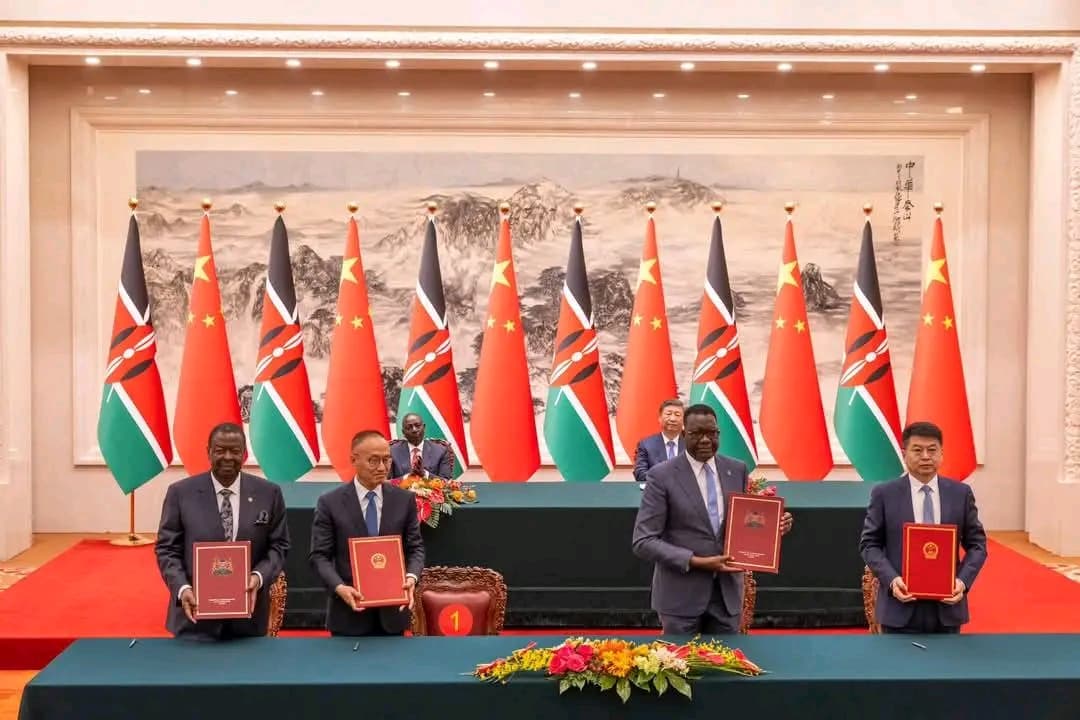Singapore Executes Nigerian National for Drug Trafficking
Singapore Executes Nigerian National for Drug Trafficking: Reports from local media outlets in Singapore revealed the execution of Chijioke Obioha, a 38-year-old Nigerian, who was found guilty of drug trafficking. The Straits Times stated that Mr. Obioha was hanged early Friday morning in Changi Prison alongside a Malaysian national who faced separate drug-related charges. Mr. Obioha’s legal troubles began in April 2007 when he was apprehended with over 2.6 kilograms of cannabis, surpassing Singapore’s legal threshold of 500 grams for trafficking presumption.
Following his arrest, Mr. Obioha was convicted in December 2008 and subsequently sentenced to death by hanging.
Despite filing an appeal in 2010, his plea was dismissed, leading to the eventual execution. The execution occurred just two days after the Singaporean government denied his appeal for clemency.
Death Penalty,
Amnesty International, a human rights organization, had actively campaigned against Mr. Obioha’s death sentence, arguing that the use of the death penalty for drug-related offenses violates international law and does not effectively
combat drug trafficking. The organization condemned Singapore’s decision to proceed with the execution, stating that it would not address the issue of drug-related crimes.
Mr. Obioha’s case is not an isolated incident. He joins a list of Nigerians who have faced similar fates in Singapore for drug offenses. In 2007, Iwuchukwu Tochi was executed in the same Changi Prison despite appeals from the Nigerian government and warnings of potential diplomatic repercussions.
The execution of Mr. Obioha underscores the ongoing debate surrounding the use of the death penalty, particularly for non-violent offenses such as drug trafficking. It also raises questions about the effectiveness of such punitive measures in addressing underlying issues related to drug abuse and trafficking.











